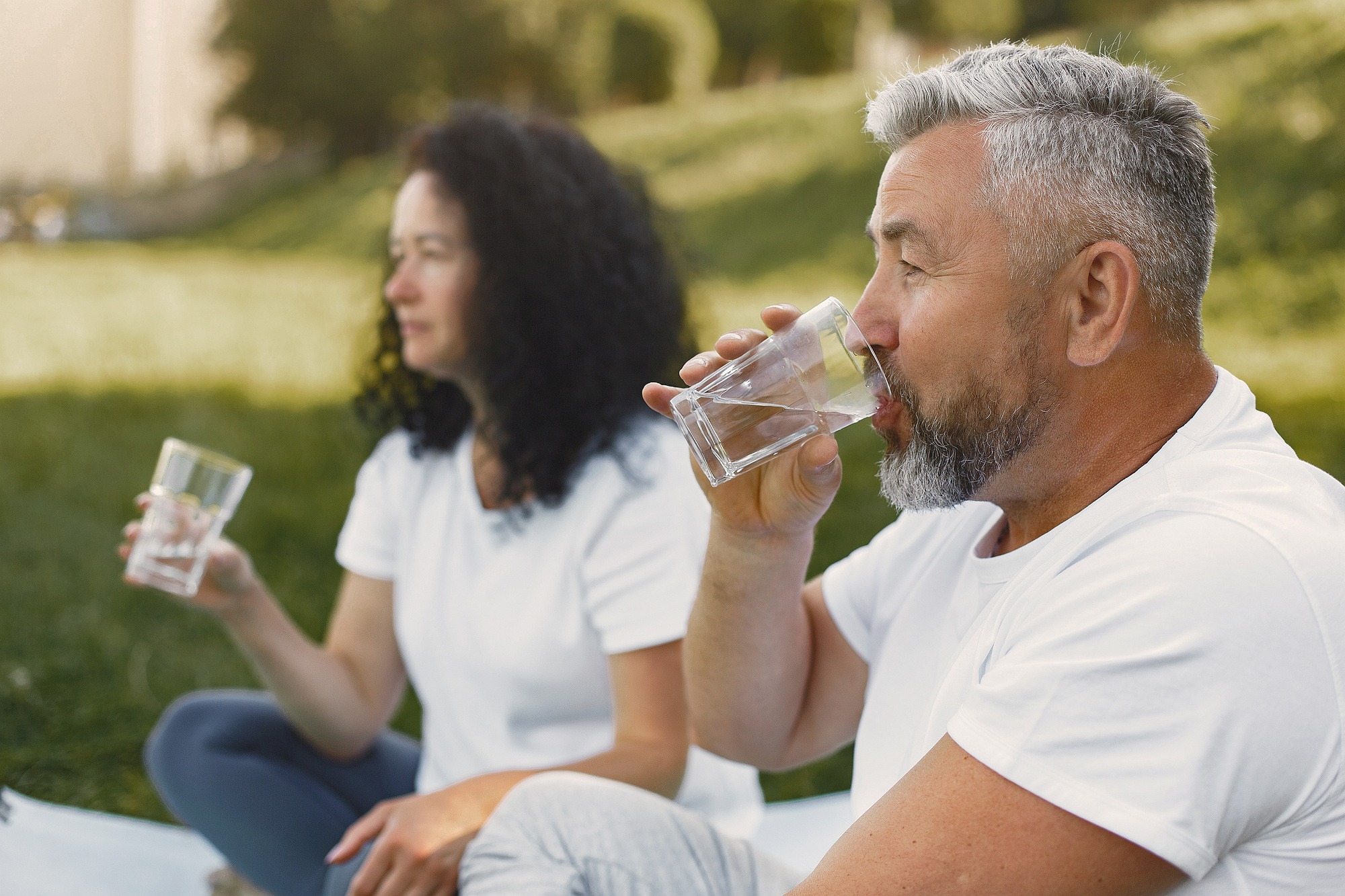
As we age, our instinctive regulatory mechanisms can become a little disordered, and we may not become thirsty as needed. Also, older people’s fluid reserves shrivel. This is why dehydration is more common as you age. But one may think – All of my life, my body has told me when to drink, and I have done just fine. RETHINK NOW. There are studies documenting that as many as one out of every four seniors are dehydrated.
There are several undesirable effects in chronically dehydrated seniors including earlier mortality. Pneumococcal pneumonia is the most deadly of infectious diseases that trigger over 1.5 million emergency room visits and over 40,000 deaths in America a year. This plague is more common in dehydrated people.
Dehydration is associated with decreased cognitive performance. In one excellent study, in several thousand older participants, scientists measured serum particles to water concentration by osmolality and tested mental functioning. In those seniors with undersupplied water, mental functioning was worse.
In the case of quantities, the central question is “How much water is enough.” The answer is well studied, and recommendations are eight containers of eight ounces of liquid for men and six for women. Allow more when engaging in activities involving sweating, GI illness, or when feverish.
Mild dehydration can produce fatigue, headache, light headiness, and dry skin. You are well-hydrated if your mouth has more noticeable saliva than just being moist and when skin snaps back if tweaked. Most importantly, if your urine is clear or only slightly yellowed. CHECK PERIODICALLY.

